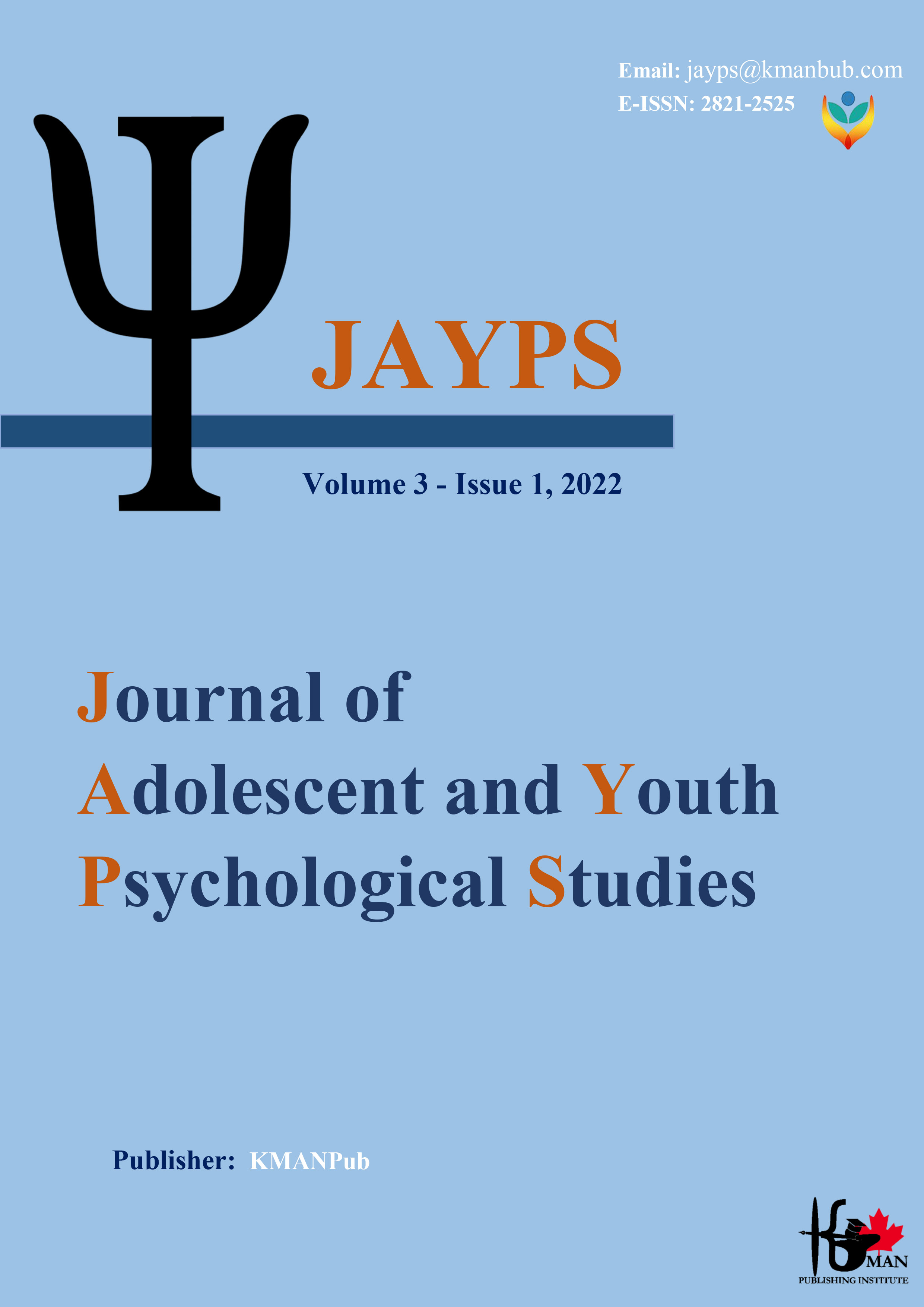The effectiveness of solution-focused therapy on emotional, cognitive, motivational and biological symptoms of major depressive disorder in men and women
Keywords:
solution-focused therapy, emotion, cognition, motivation, depressionAbstract
Background and purpose: Depression as the most common psychiatric and mood disorder affects many people in all parts of the world. Depression is associated with long periods, variety of symptoms, high rate of recurrence and many physical and mental disorders. The purpose of the present study was to compare the effectiveness of treatment focused on emotion and strategic treatment focused on emotional, cognitive, motivational and biological symptoms of major depressive disorder. Methods: The current research was applied in terms of the purpose of the research. The design of the semi-experimental research was pre-test-post-test with a control group and a three-month follow-up. The statistical population of the research included all women and men who referred to the counseling and psychological center of the beautiful mind of Bojnord city in 2019-20, who referred to psychiatrists, psychologists and mental health specialists, and the specialists of the center gave them a diagnosis of major depressive disorder. The sample of this research includes 45 people from the mentioned society who, using simple randomization method, were divided into three groups of emotion-focused couple therapy (n=15), solution-oriented couple therapy (n=15) and control group (n=15) were assigned. The data was obtained using a depression questionnaire (made by the researcher). Mean and standard deviation were used in the descriptive statistics section, and variance analysis method with repeated measures was used in the inferential statistics section. Results: The results showed that emotion-focused therapy has a greater effect on the emotional, motivational and biological (vegetative) symptoms of major depressive disorder than solution-oriented strategy therapy (P < 0.01) and solution-oriented strategy therapy has more impact than focused therapy. Emotion has a greater effect on the cognitive symptoms of major depressive disorder (P<0.01). The results of this research were also permanent in the follow-up phase. Conclusion: It can be concluded that emotion-focused therapy and solution-oriented strategic therapy focused on emotional, cognitive, motivational symptoms and biological symptoms of major depressive disorder were effective, and these treatments can be used to reduce the problems of people with major depression. profit
Downloads
Downloads
Published
Submitted
Revised
Accepted
Issue
Section
License

This work is licensed under a Creative Commons Attribution-NonCommercial 4.0 International License.









